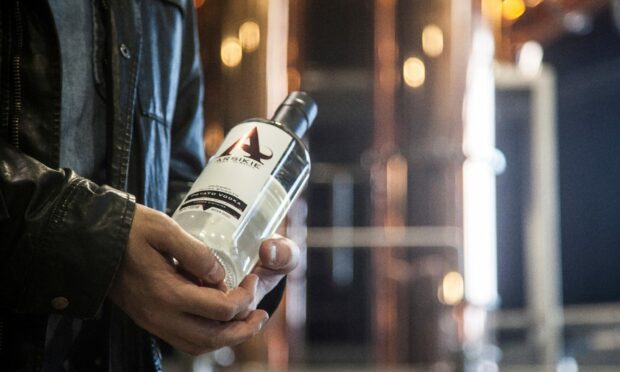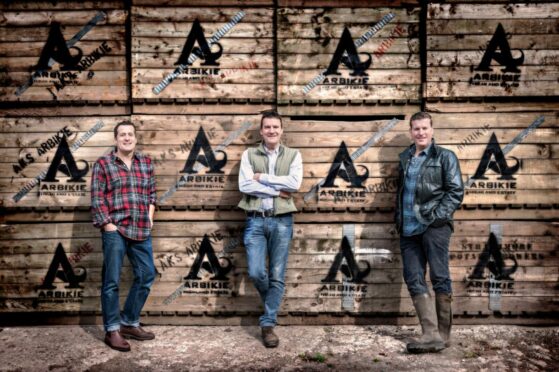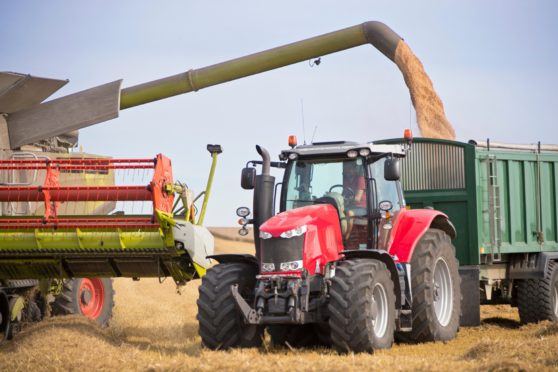Intensifying demands for the farming industry to improve its green credentials should be met head on – and with attitude – according to a leading Angus farmer who has done precisely that.
John Stirling of Arbikie farm and distillery told farmers at a Scottish Agronomy conference that growers are facing major challenges but also an unprecedented opportunity to capitalise on their customer’s needs.
“Sustainability is the juggernaut coming your way,” he said. “If you think it’s bad now, having to change certain things on the farm, it’s going to get much much worse.
“But, at the same time, there’s massive opportunity in Scotland because of our climate and the land we have, to go out to the market and add value to our crops and make a better standard of living on the farm.”
He described how his family is growing heritage grain varieties for the distillery they build in 2014, with the aim of making an 18-year-old single malt scheduled for release in 2033.
“Over the years the flavour profile has been bred out of varieties because it has become all about yield in the fields and distillery. If we can get varieties that differentiate in flavour and profile, that will translate into our whisky, which will make a difference and mean we make more money,” he said.
“So it’s not all about being fantastic to the environment – everything we do has a commercial reality and we could sell all the (heritage) crop tomorrow to three or four major distillers. If you think slightly out of the box you can do something different which is potentially better for rotation and the land and also achieve a premium.”
However Mr Stirling warned of “greenwashing” within the industry, and cited some maltsters’ rejection of loads of barley because it failed to meet the highest specifications.
He said: “We are in an increasingly good position not to be dictated to by the major distillers and to demand a bit more for our crop, because if people want more sustainable farming they need to pay for it.
“You can’t claim you’re sustainable then reject lorries that have to return to the farm.”
He said skinning problems, which can lead to rejected loads, were irrelevant to his distilling business, and a slightly lower than 98% germination percentage should make little difference to maltsters.
“The maltsters and distillers will need to handle that better, because it causes wasted time and effort and bad feeling with farmers and merchants. You need to go back and say these specifications are too tight, you don’t need that.”
However Muntons maltsters technical director, Dr Nigel Davies, pointed out that the loss of even 1% of germination meant energy being wasted in the malting process, and skinning reduced filtration.
He also said his company had no problem sourcing enough barley which meets the highest specifications.



